Unmasking the Mold Challenge
Chicago Mold
Chicago, the Windy City, is renowned for its stunning architecture, diverse neighborhoods, and dynamic culture. However, amid the hustle and bustle, there's a silent adversary that many property owners face – mold. In this blog post, we'll explore the unique factors contributing to mold issues in Chicago properties, the potential risks involved, and shed light on the critical role of mold inspections in maintaining a healthy living environment.
Understanding the Chicago Mold Challenge:
Climate and Humidity:
Chicago experiences distinct seasons, from cold winters to humid summers. This climate variation can create conditions favorable for mold growth, especially during the warmer months when humidity levels rise.
Historic Architecture:
The charm of Chicago lies in its historic architecture. However, older buildings may have hidden vulnerabilities such as leaks, inadequate insulation, and poor ventilation, creating an environment conducive to mold.
Basement Dwellings:
Basements are a common feature in Chicago homes, offering additional living space. Unfortunately, basements are also prone to dampness and insufficient ventilation, making them susceptible to mold growth.
Seasonal Flooding:
Proximity to Lake Michigan and heavy rainfall can result in occasional flooding, posing a risk of water damage to properties and creating an environment conducive to mold.
Potential Risks of Mold in Chicago Properties:
Respiratory Health Impacts:
Mold spores can trigger respiratory issues, particularly in individuals with pre-existing conditions like asthma. The prevalence of mold in properties can exacerbate these health concerns.
Structural Integrity Challenges:
Prolonged exposure to mold can compromise the structural integrity of buildings. Mold can weaken materials such as wood and drywall, leading to potential structural issues.
Impact on Property Value:
Mold problems can influence property values, potentially deterring prospective buyers. Addressing mold issues promptly is crucial for maintaining the resale potential of Chicago properties.
The Role of Mold Inspections:
Early Detection:
Mold inspections play a vital role in early detection. Professional inspectors can identify hidden mold growth, water damage, and potential sources of moisture before they become major problems.
Comprehensive Assessments:
A thorough mold inspection involves assessing all areas of the property, including basements, attics, crawl spaces, and areas prone to water exposure. This comprehensive approach ensures that no potential mold hotspots are overlooked.
Pre-Purchase Inspections:
Before purchasing a property in Chicago, prospective buyers should consider mold inspections as part of their due diligence. This can reveal existing mold issues and help negotiate repairs or remediation before finalizing the purchase.
Post-Flooding Inspections:
After heavy rainfall or flooding, it's crucial to conduct mold inspections to assess potential water damage and mitigate the risk of mold growth.
Conclusion:
Living in Chicago offers a vibrant and unique experience, but it comes with its own set of challenges, including the battle against mold in properties. Mold inspections play a crucial role in identifying and addressing mold issues early on, safeguarding the health of residents and the longevity of Chicago homes. Whether you're a property owner or a prospective buyer, investing in mold inspections is a proactive step toward maintaining a mold-free living environment in this iconic city.

